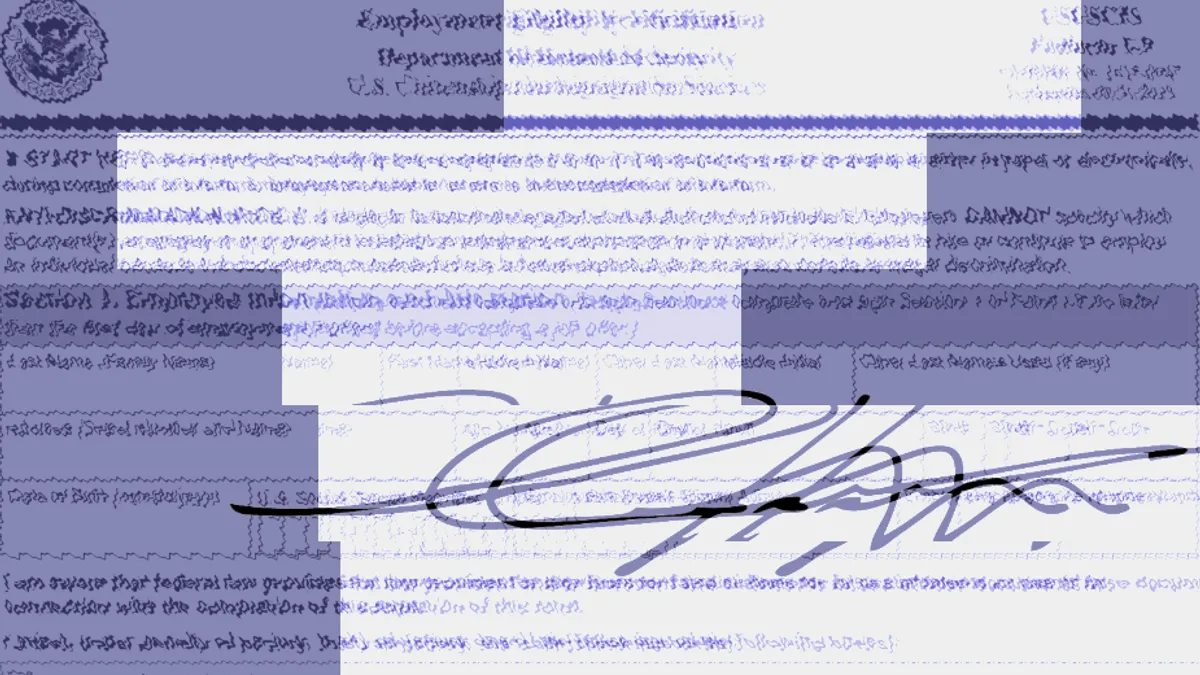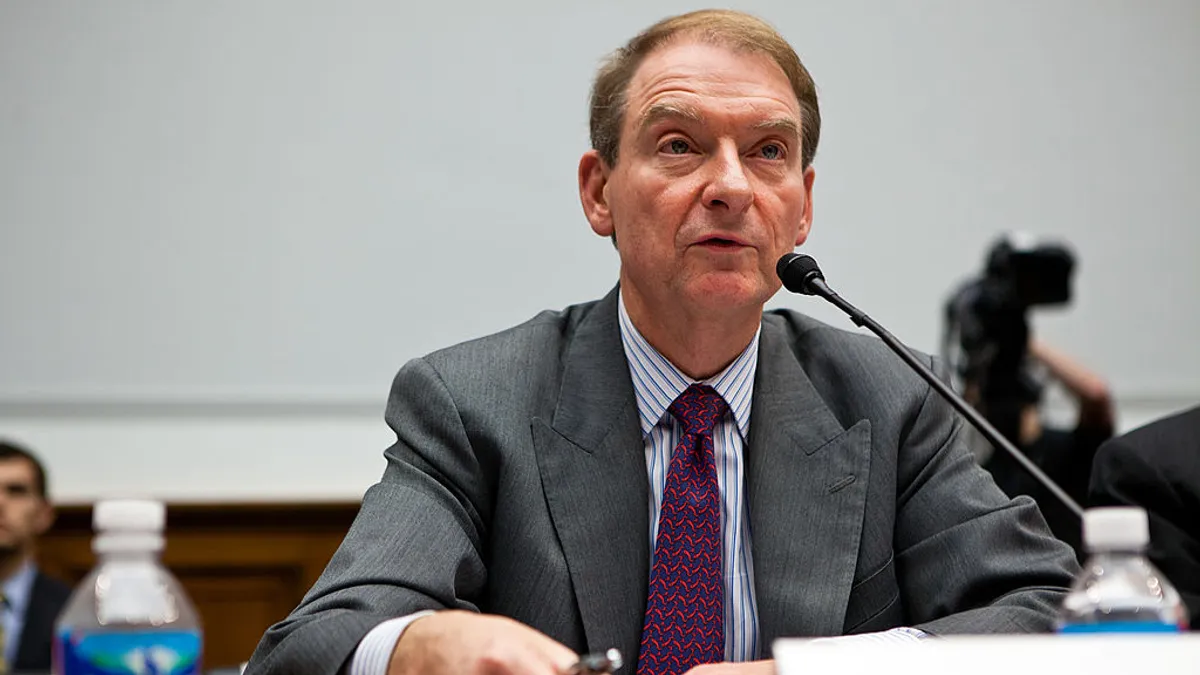When the Securities and Exchange Commission announced settled charges against a board member last month for causing his company to file materially misleading statements, it put a spotlight on the role of social ties in companies’ assessments of director independence.
The SEC on September 30 said James Craigie, a former CEO, chair and board member of manufacturer Church & Dwight Co., agreed to a five-year officer-and-director bar and a fine of $175,000 to settle charges that he made materially false statements about his independence from the company. A court still must approve the settlement.
Craigie never told the company of a close friendship he had with one of the company’s executives, including in a directors and officers questionnaire, even though as the former CEO of the company and one of its board members for many years, and as a board member of other publicly traded companies, he knew of the requirement to disclose ties that could create a conflict.
“Craigie, who had decades of experience as a public company executive and board member, knew, or should have known, that his relationship with Executive was relevant and significant to Church & Dwight’s independence determination,” the SEC said in its complaint.
Craigie kept the relationship hidden even though as a director he was playing a role in the selection of the company’s next CEO, whose pool of candidates included the executive as well as one of the executive’s friends. After the company learned of the relationship, it changed Craigie’s status to non-independent.
The enforcement action touches on the role of social independence, a factor that’s harder to pin down than the conventional criteria that are included in the rules of the New York Stock Exchange, on which Church & Dwight is listed, Cydney Posner of the Cooley law firm says in an analysis of the case.
“We’re not talking here about any of the NYSE-enumerated relationships that vitiate independence,” says Posner, a special counsel at the firm. “We’re talking about something … more amorphous than conventional, stock-exchange-defined independence.”
In its rules for establishing independence, the NYSE focuses on conventional factors that include relationships linked by pecuniary ties — that is, whether the director received compensation from, or otherwise has a financial or other business or consulting interest in, the company, or has a family tie. But it also makes clear these types of ties aren’t the only ones that should be considered.
“The NYSE definition recognizes the limitations of its definition and advises that, in determining independence, all relevant facts and circumstances be considered,” Posner says. Nasdaq has similar rules.
In some ways, social factors are just as important as financial ties for determining independence, says Posner, who referenced academic work showing that someone’s social ties create the kind of bias that can cloud judgment.
“‘Social dependence is correlated with … lower probability of CEO turnover following poor operating performance, and higher likelihood that the CEO manipulates earnings to increase his or her bonus,’” says Posner, quoting the research.
Social dependence came up in a 2016 SEC case involving a CFO’s relationship to the company’s auditor. In that case, the auditor allegedly cultivated a personal relationship with the CFO to avoid losing the CFO’s company as a client. After giving the CFO lavish treatment over several years, the SEC said, the auditor couldn’t be expected to be independent when evaluating the CFO’s company.
The auditor “‘was not capable of exercising objective and impartial judgment with respect to the audits of the Issuer,’” Posner quoted the SEC saying.
Social independence doesn’t come up a lot but the SEC’s agreement with Craigie shows companies need to look beyond conventional factors before acting with confidence that the directors they report as independent are independent in fact, not just in a pecuniary sense.
“Some suggest [social dependence] can be even more compromising at times than the conventional variety,” Posner says.



















